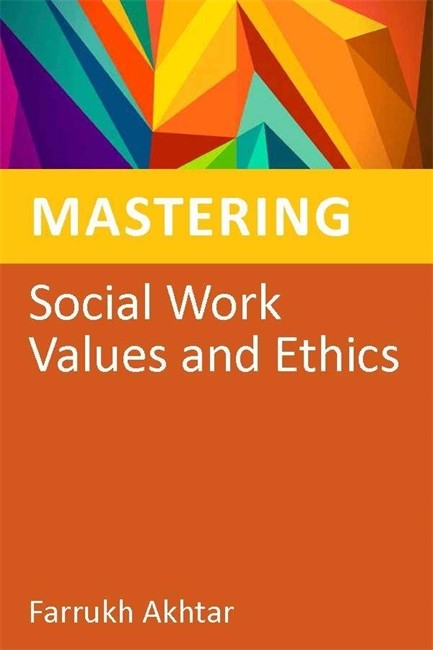Service users often say that the traits they most value in social workers are their ability to be non-judgmental, their listening skills and their sense of fairness: their strong ethical value base. But how can social workers ensure the decisions they make are ethically sound?
This book offers guidelines to negotiating ethical dilemmas in various social work settings; from direct care work with individual service users to working within organisational and multidisciplinary contexts. It provides social workers with useful frameworks within which to re-visit their personal value base and enable more reflective, and therefore more effective, practice. Case studies and questionnaire style chapters encourage reassessment of values including views on abortion, female genital mutilation, drug and alcohol misuse and homosexuality. By assessing a range of dilemmas at both personal and organisational levels, this book offers the tools and resources to enable professionals and students to self-manage and develop their practice.
This book is essential reading for social work students, practitioners, managers, practice teachers and assessors, and trainers, as well as those in allied professions.
Contents:
- Introduction.
- 1. Setting the Context
- 2. The Link Between Personal Values and Professional Practice.
- 3. You and Service Users: Mapping the Ethical Terrain
- 4. You and Service Users: Tools for Developing Self-Awareness
- 5. You, Your Team and the Wider Organisation.
- Conclusion. References. Index.
Author Bio:
Farrukh Akhtar
Review:
“A book on social work values and ethics is always important, especially at a time when the profession is dominated by a managerialist approach that follows the current free market consensus. All too often managers control what social workers do and how they do it by ensuring that overly prescriptive targets and procedures are adhered to. Such “practice” does not reflect the creativity and critical thinking that is essential for good social work. This book addresses such issues in a clear manner and is welcome for that.” – Professional Social Work.





